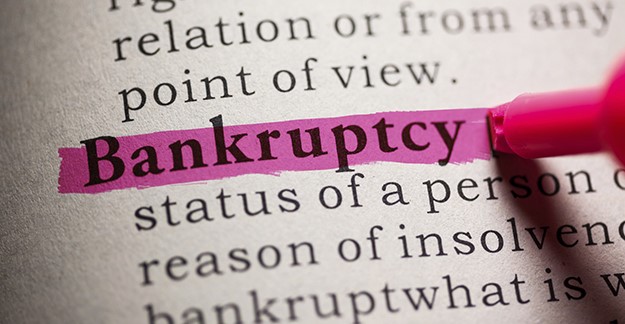
The United States District Court for the Southern District of New York recently affirmed a New York Bankruptcy Court’s decision to uphold a safe harbor provision of the U.S. Bankruptcy Code (the Code) related to distributions under swap agreements in the face of an attempt by Lehman Brothers Special Financing, Inc. (LBSF) to claw back nearly $1 billion in swap transactions.1
The case dealt with distributions of collateral that were made after a number of credit default swap agreements were terminated. Under these agreements if LBSF or its parent company, Lehman Brothers Holdings Inc. (LBHI), filed for bankruptcy the issuers under the swap agreements could unwind the agreements and repay the noteholders. Thus, where LBSF or LBHI were the defaulting parties, the swap documentation granted the noteholders priority in any distribution of collateral after an event of default under the swap agreements.
